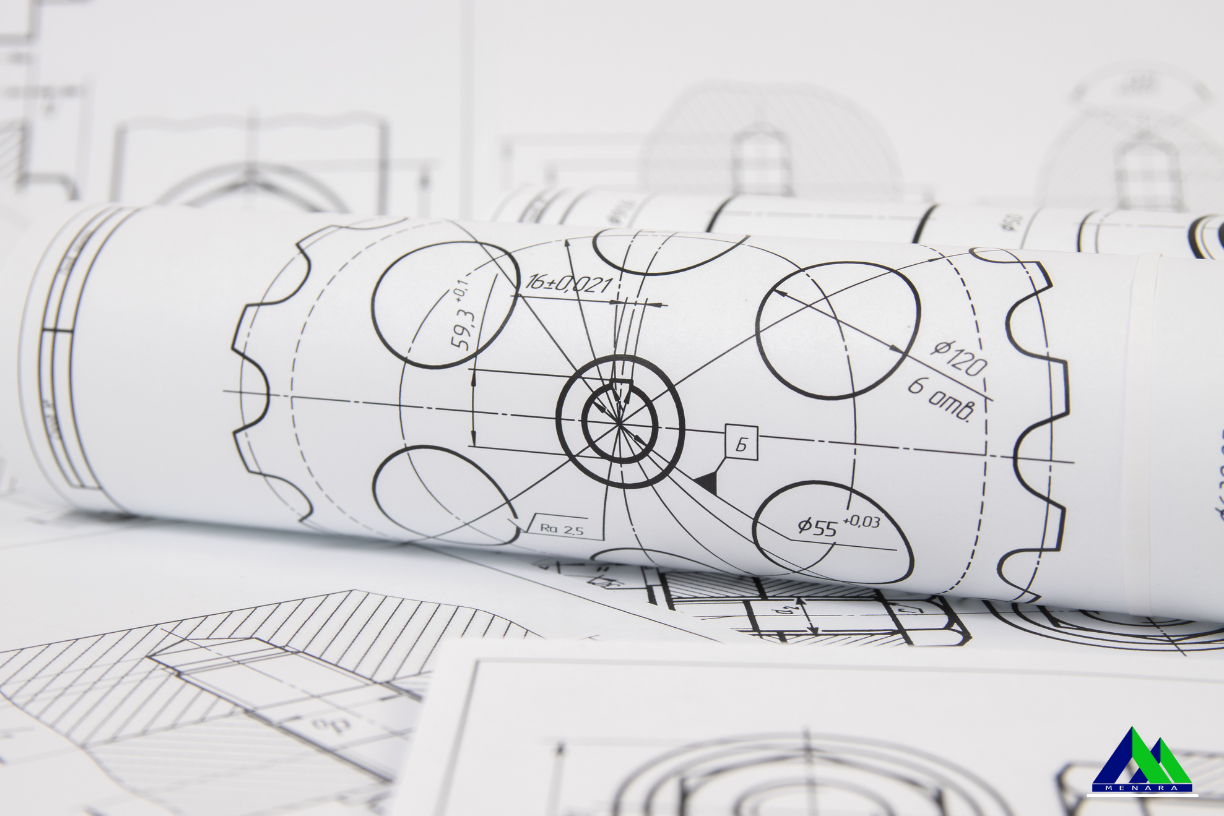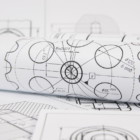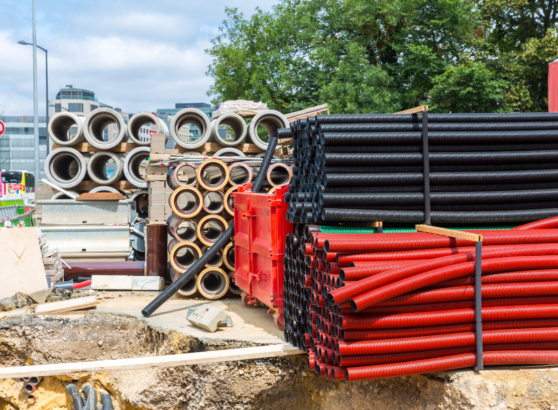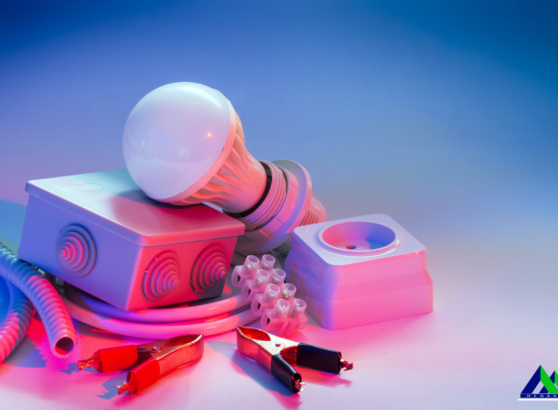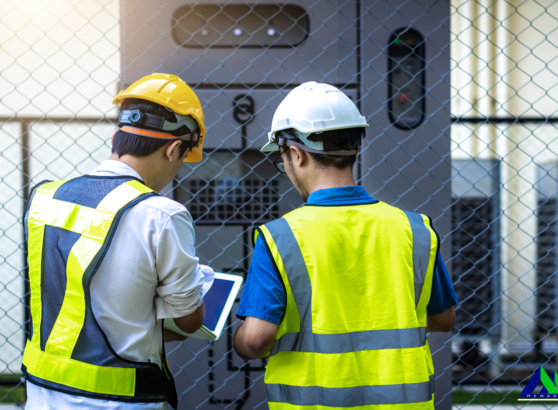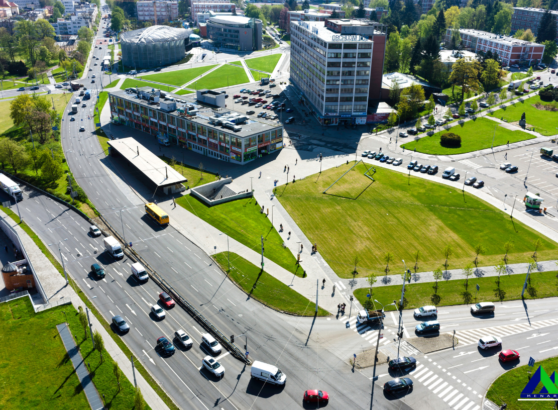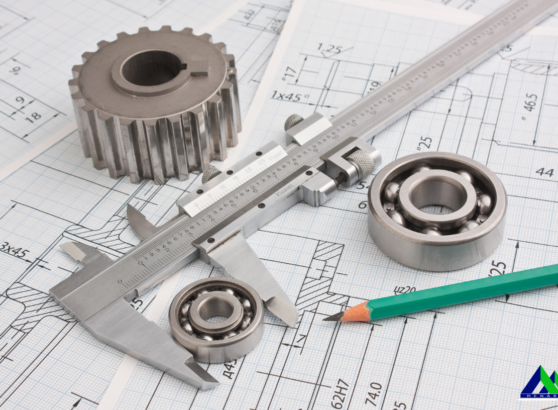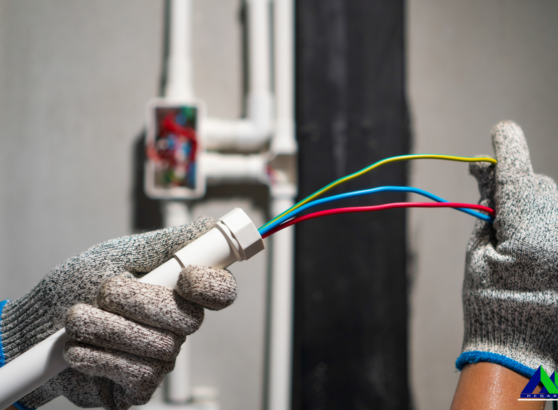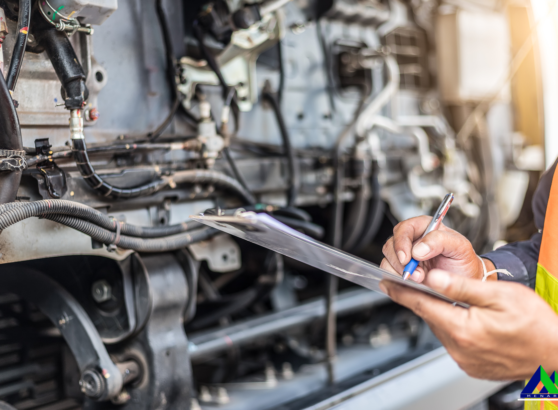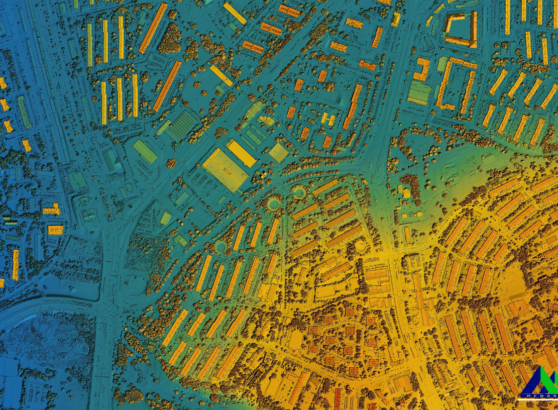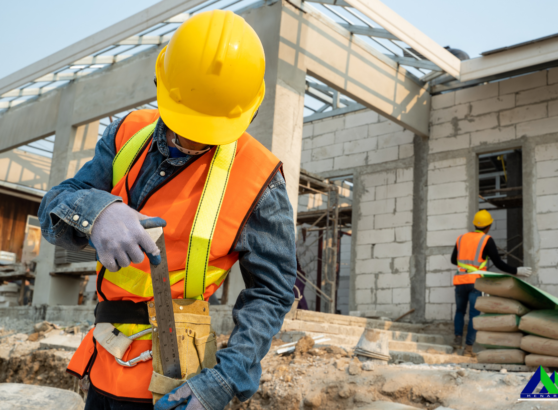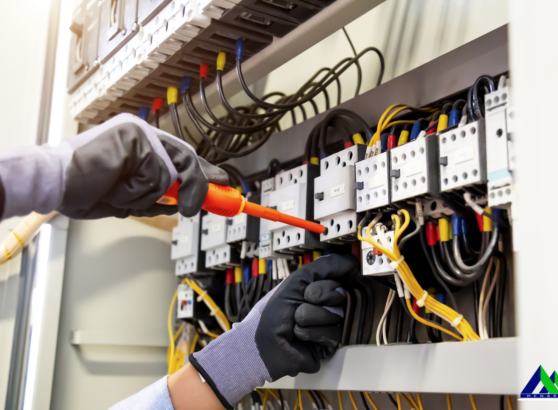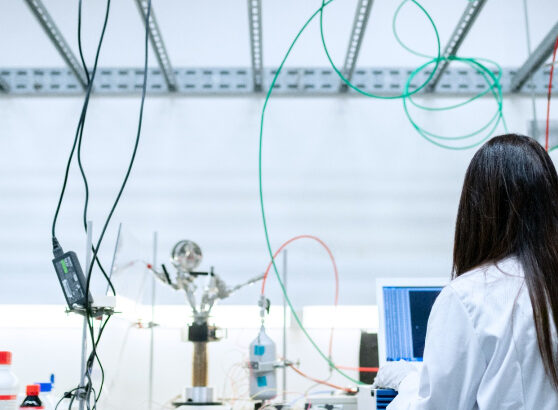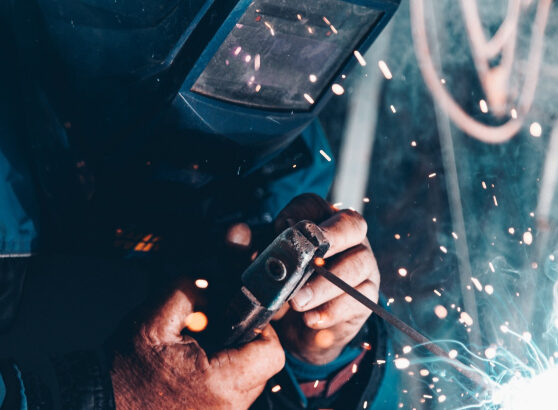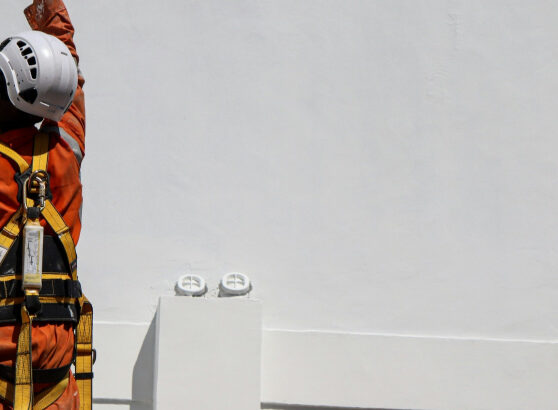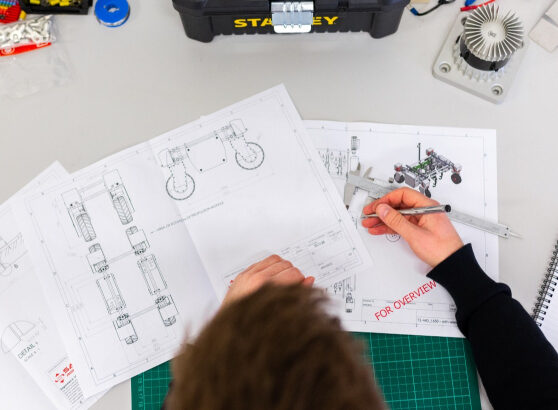Table of Contents
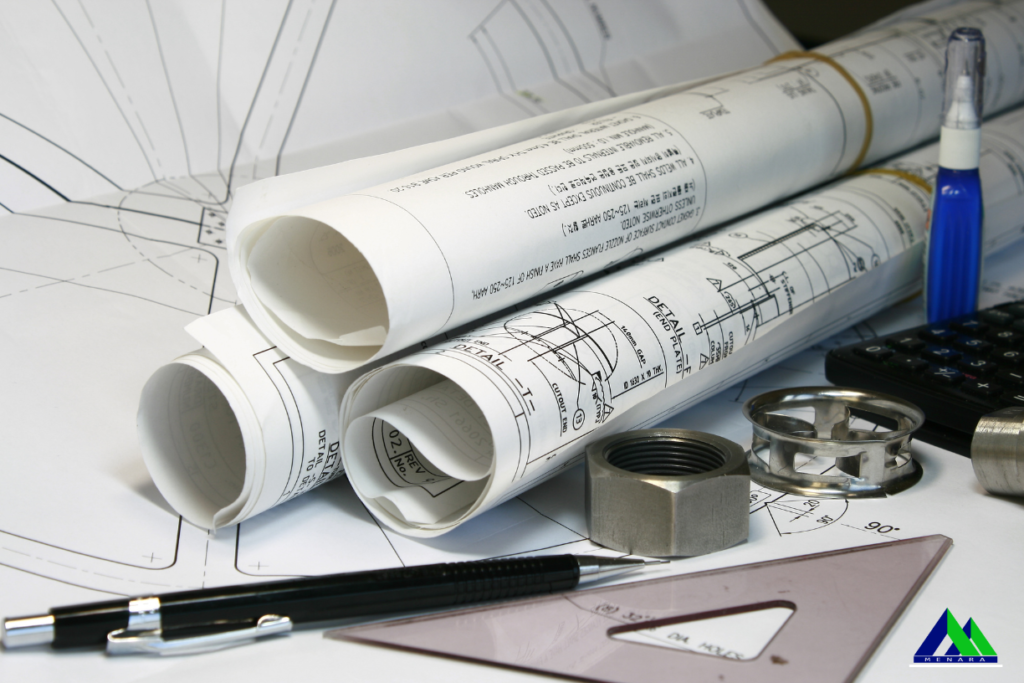
Brunei’s healthcare system has undergone significant transformation in recent years, with mechanical engineering in healthcare emerging as key contributors to its modernization. Their expertise has become instrumental in designing, maintaining, and improving the sophisticated medical equipment and infrastructure that modern healthcare facilities require. As Brunei continues to invest in its healthcare sector, the demand for specialized mechanical engineering expertise has grown substantially.
Medical Device Development and Maintenance
In Brunei’s hospitals and clinics, mechanical engineering in healthcare are at the forefront of medical device innovation and maintenance. They work closely with healthcare professionals to design and maintain critical equipment such as ventilators, surgical tools, and diagnostic machines. Their expertise ensures that medical devices meet strict safety standards while delivering optimal performance. Local engineers have also begun developing cost-effective solutions tailored to Brunei’s specific healthcare needs.
Hospital Infrastructure Systems
The role of mechanical engineers extends beyond medical devices to encompass critical hospital infrastructure systems. They are responsible for designing and maintaining HVAC systems that ensure proper air filtration and temperature control in operating rooms, isolation wards, and general hospital areas. These mechanical engineering in healthcare systems are crucial for preventing the spread of infections and maintaining optimal conditions for patient care and medical procedures.
Sterilization and Medical Gas Systems
One of the most critical responsibilities of mechanical engineers in healthcare is the design and maintenance of sterilization systems. They ensure that medical instruments and equipment meet rigorous sterilization standards through the development and maintenance of autoclave systems and other sterilization equipment. Additionally, they oversee the complex medical gas systems that deliver oxygen, nitrogen, and other vital gases throughout healthcare facilities.
Biomedical Waste Management
Environmental consciousness in healthcare has brought mechanical engineers into the realm of biomedical waste management. They design and implement systems for the safe disposal and treatment of medical waste, ensuring compliance with environmental regulations while protecting public health. These mechanical engineering in healthcare systems include specialized incinerators and waste treatment facilities designed specifically for healthcare applications.
Emergency Power and Backup Systems
The reliability of healthcare services depends heavily on uninterrupted power supply. Mechanical engineering in healthcare needs to be designed and maintained with emergency power systems and backup generators that ensure critical medical equipment remains operational during power outages. Their expertise in this area is crucial for maintaining patient safety and continuity of care in emergency situations.
Research and Development Initiatives
Brunei’s commitment to advancing healthcare has led to increased investment in research and development. Mechanical engineers collaborate with medical professionals in research initiatives, developing innovative solutions for local healthcare challenges. This includes the adaptation of existing technologies to suit Brunei’s specific needs and the development of new medical devices and systems.
Training and Capacity Building
The growing complexity of medical equipment has created a need for specialized training programs. Mechanical engineers in Brunei’s healthcare sector are actively involved in training healthcare staff on the proper use and basic maintenance of medical equipment. They also participate in knowledge transfer programs, helping to build local capacity in healthcare engineering.
Quality Assurance and Compliance
Mechanical engineers play a crucial role in ensuring that medical equipment and systems meet international healthcare standards. They develop and implement quality assurance protocols, conduct regular inspections, and maintain documentation required for healthcare accreditation. Their work is essential for maintaining Brunei’s high standards of healthcare delivery.
Future Prospects and Innovation
Looking ahead, the role of mechanical engineers in Brunei’s healthcare sector continues to evolve with technological advancement. The integration of robotics, artificial intelligence, and automation in healthcare presents new opportunities and challenges. Engineers are increasingly focused on developing smart healthcare solutions that improve patient care while maximizing resource efficiency.
Challenges and Opportunities
While Brunei’s healthcare sector offers numerous opportunities for mechanical engineers, it also presents unique challenges. The need to balance cost-effectiveness with advanced technology, maintain up-to-date expertise, and adapt to rapidly changing healthcare requirements demands continuous professional development and innovative thinking.
Brunei’s Mechanical Engineering in Healthcare
The contribution of mechanical engineers to Brunei’s healthcare industry is both significant and evolving. Their work extends far beyond traditional engineering roles, encompassing aspects of patient care, safety, and healthcare delivery. As Brunei continues to advance its healthcare capabilities, the role of mechanical engineers will remain crucial in driving innovation and maintaining the high standards of care that the nation’s healthcare system is known for. Their continued involvement in healthcare engineering ensures that Brunei remains at the forefront of medical technology and patient care in the region.

